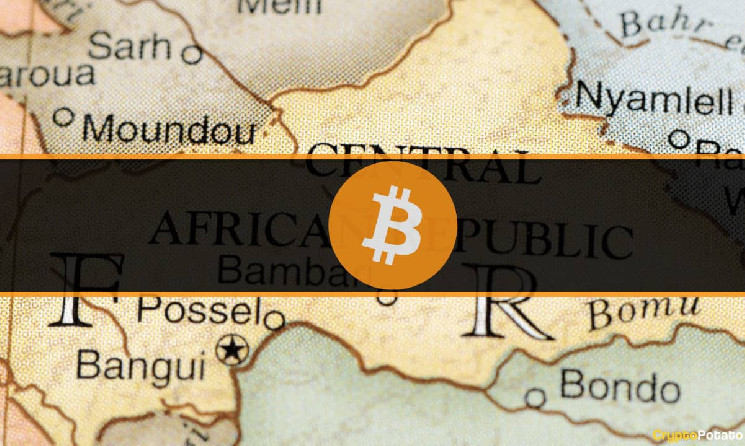The government of the Central African Republic (CAR) has reportedly passed a law to embrace bitcoin as an official payment method inside the nation’s borders. If successful, the initiative will turn the country into the first African state to execute such a move and the second globally after El Salvador.
Bitcoin to aid the CAR’s Economic Recovery
A recent coverage by Forbes reads that the National Assembly – the lower house of the Parliament of the Central African Republic – has signed a bill to accept bitcoin as legal tender on local soil. The Minister of Digital Economy – Gourna Zacko – and the Minister of Finance – Calixte Nganongo – proposed the draft law. They also established a regulatory framework for the domestic cryptocurrency industry.
CAR’s economy has struggled for years, and bitcoin could be seen as one of the last hopes. After El Salvador adopted BTC, the nation saw a massive uptick in the number of visiting tourists and a large number of investments. As such, it would be safe to assume that CAR might feel similar positive effects.
Whether bitcoin could benefit the financial progress on a macroeconomic level remains a controversial question. However, it makes sense that the Central African Republic is willing to give it a shot since it is among the poorest and least developed countries globally.
Over 60% of its residents live in poverty, many of them suffer from chronic malnutrition. On top of that, the harsh conditions have caused a civil war, which has taken thousands of lives and isolated the country from the more developed states.
Additionally, the nation aims to imply blockchain technology in many sectors of its economy. Two of the leading political parties in the CAR – Mouvement Coeurs Unis (MCU) and Mouvement National des Indépendants (MOUNI) – voted in favor to support the nation’s crypto agenda.
Madeira and Prospera Joining the Club
The autonomous region of Portugal – Madeira – and Honduras’ jurisdiction – Prospera – also revealed intentions to adopt bitcoin as legal tender. The former’s President – Miguel Albuquerque – argued that BTC represents the future.
“Our government will continue to work to create a fantastic environment for bitcoin in Madeira,” he added.
For his part, Joel Bomgar – President of Prospera – assured that the local authorities will “enable other municipalities in Honduras or other companies or political subdivisions outside the United States to float bitcoin bonds from within the Prospera jurisdiction.”
Earlier this year, El Salvador’s leader – Nayib Bukele – predicted that at least two more nations will embrace the primary cryptocurrency as an official means of payment in 2022.
 cryptopotato.com
cryptopotato.com
